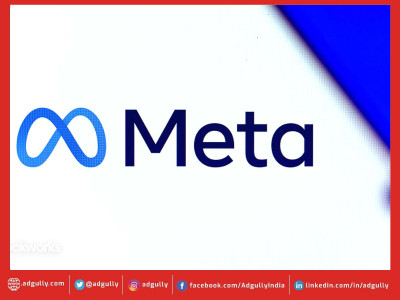33 US states sue Meta for alleged role in youth mental health crisis
As many as 33 US states have initiated legal action against Meta Platforms (META.O) and its Instagram division, asserting that they have exacerbated youth mental health issues by fostering addictive behaviour on their social media platforms.
In a legal complaint filed this week, 33 state attorneys general alleged that Meta, the owner of Facebook, habitually misled the public about the perils of its platforms. Furthermore, they alleged that Meta knowingly encouraged children and teenagers to engage in social media usage in an addictive and compulsive manner.
The complaint, filed in the federal court of Oakland, California, alleges that Meta has utilised powerful and unprecedented technologies to attract, engage, and ensnare young people, all driven by a profit motive.
Businesses have historically found children to be an attractive demographic, aiming to win them over as consumers during their formative years when they may be more impressionable and likely to develop brand loyalty.
In the case of Meta, younger users could potentially draw more advertisers, who hope these children will remain loyal customers as they grow older.
The states contend that research has linked the use of Meta’s social media platforms by children to adverse outcomes such as depression, sleep disruptions, anxiety, disruption of education, and interference with daily life.
Meanwhile, in response to the lawsuit, Meta has expressed its disappointment and criticised the attorneys general for failing to collaborate with the industry to establish clear, age-appropriate standards for the numerous apps used by teenagers.
Eight other US states and Washington, D.C. have also joined to file similar lawsuits against Meta. As a result of these legal actions, Meta’s shares on the Nasdaq dropped by 0.6%.
These cases are part of a broader trend of legal challenges against social media companies concerning children and teenagers. Meta, Google’s YouTube and TikTok by ByteDance are already facing hundreds of lawsuits filed on behalf of children and school districts, alleging the addictive nature of social media.
Mark Zuckerberg had previously defended his company’s approach to content that some critics find harmful, denying that profit takes precedence over safety and well-being.
Meta may potentially face civil penalties ranging from $1,000 to $50,000 for each violation of various state laws, a sum that could accumulate rapidly, considering the millions of children and teenagers using Instagram. A whistleblower’s disclosure of internal documents in 2021 showed that the company was aware of Instagram’s addictive nature and its negative effects on the body image of certain teenage girls.
The lawsuit filed by the 33 states alleges that Meta deliberately tries to ensure that children and youngsters spend as much time as possible on social media platforms, despite knowing their vulnerability to seeking validation through “likes” from other users on their content.
The states have also accused Meta of violating a law that prohibits the collection of data from children under the age of 13 and falsely denying that its social media platforms are harmful. The complaint further contends that Meta concealed the fact that its algorithms were designed to exploit young users' dopamine responses and create an addictive cycle of engagement, with dopamine being a neurotransmitter associated with pleasure.
According to the complaint, Meta’s refusal to accept responsibility extended to distancing itself from the case of a 14-year-old girl’s suicide in the UK after she was exposed to content about suicide and self-injury on Instagram. A coroner rejected a Meta executive’s assertion that such content was “safe” for children, concluding that the girl had likely consumed harmful content that exacerbated the depression she had been experiencing before taking her own life.
The states also allege that Meta is attempting to expand its harmful practices into virtual reality, including its Horizon Worlds platform and the WhatsApp and Messenger applications. By pursuing these lawsuits, authorities aim to address the gaps left by the US Congress’ inability to enact new online protections for children, despite years of deliberations.




Share
Facebook
YouTube
Tweet
Twitter
LinkedIn